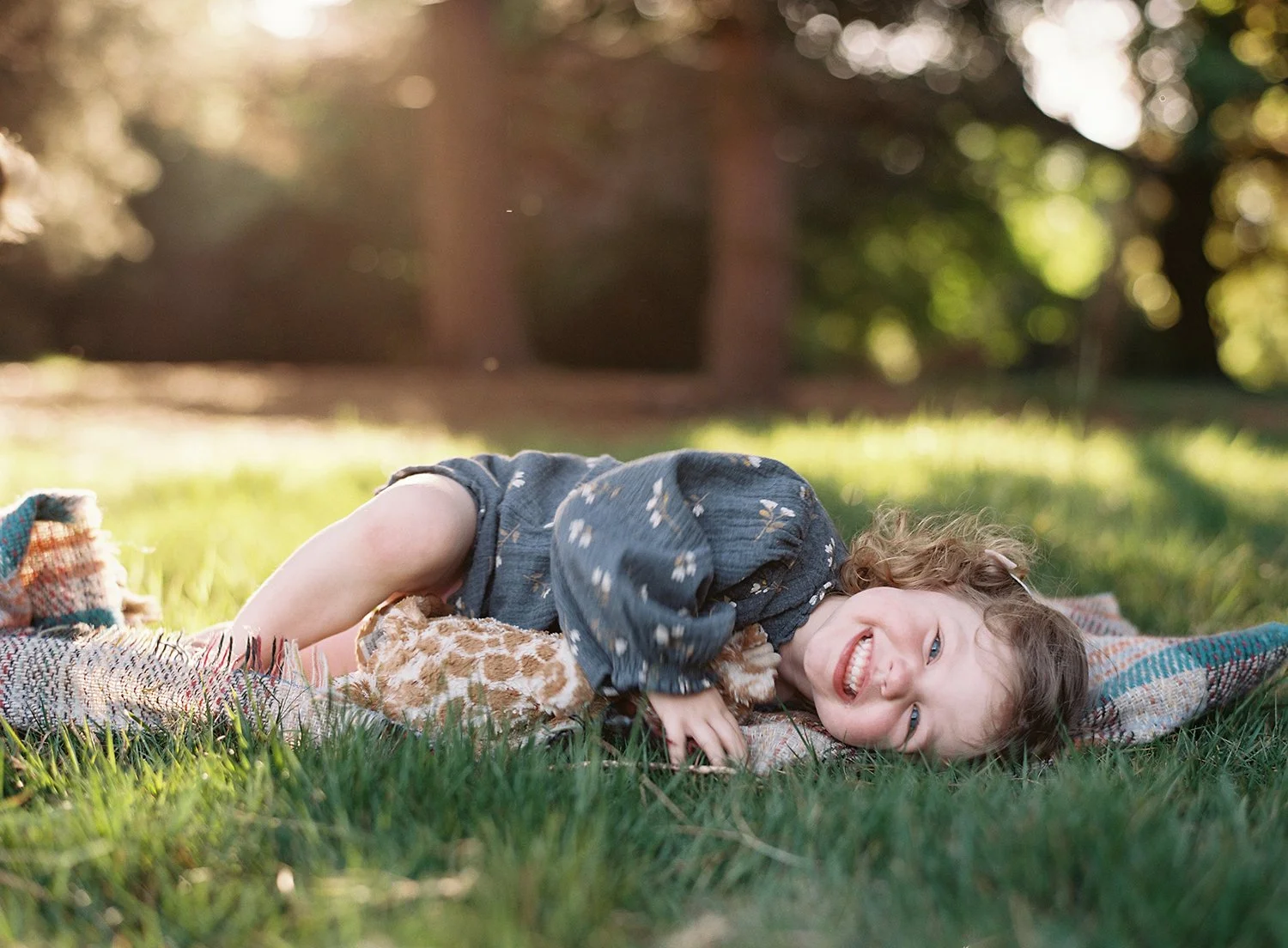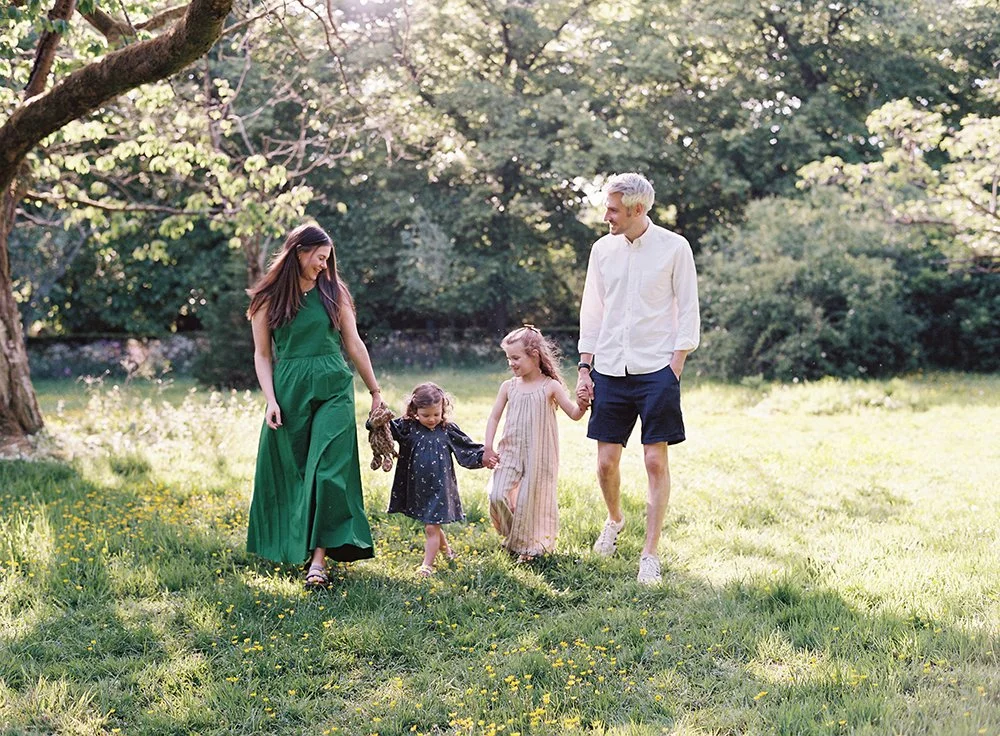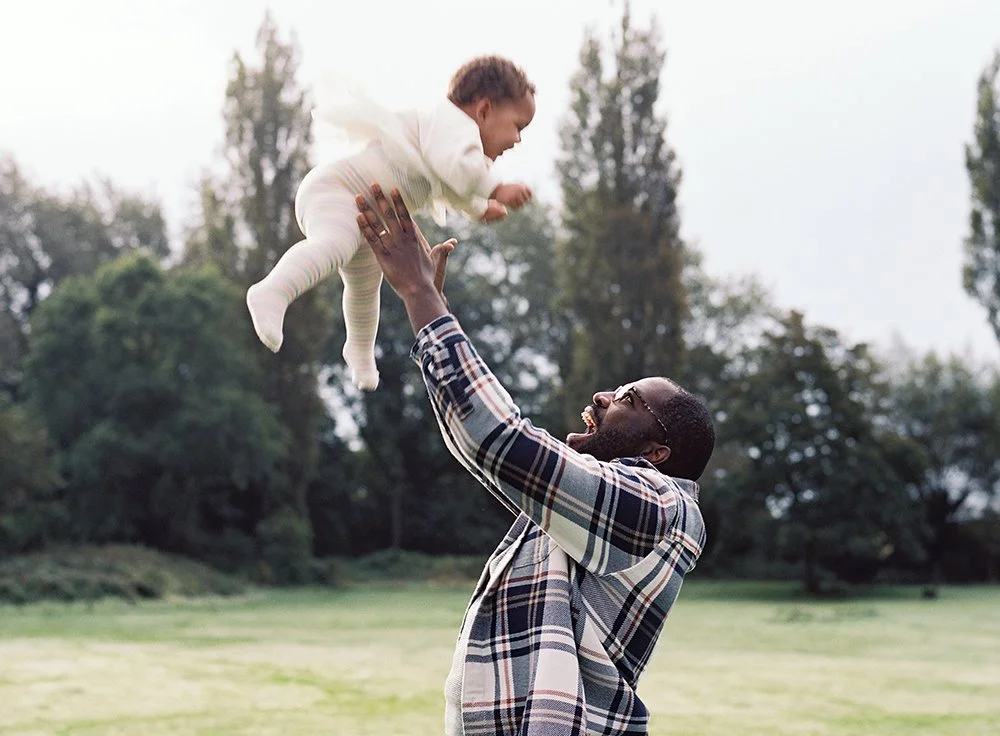Why Film Photography Matters More Than Ever in the Age of AI
I’ve licensed a few photographs to Getty Images since my days on flickr, when I was first getting to grips with my camera.
Following my double maternity over the pandemic, I logged in to my account for the first time in years and noticed a change. I had to sign new updated terms and conditions all around image modification and agree that my images wouldn’t be “modified” by more than 15%.
Having been out of the photography game for a few years and transitioning into shooting exclusively on film, I had no idea the extent to which AI had infiltrated the world of photography!
Where digital images are concerned even Getty are struggling to identify what is real and what is fabrication and so they ask the creator to sign an agreement - a promise - that their photographs are an honest representation of the world in which we live.
Artificial Intelligence now offers digital photographers a streamlined editing process which means they outsource the editing of their images to an AI software trained to make choices on colour correction, tone, noise reduction and even object removal. Granted this saves the photographer hours, but it also detaches them from their art.
There are very few photographers agonising over the nuances of their print development, dodging and burning each frame in a dark room.
AI is here and there’s no going back. So we have to ask ourselves some big questions.
To what extent do you care whether an image is “real” or not?
In an age where social media demands so much content from us and we feel under pressure to put our best foot forwards, does it matter if the photo we post is an honest reflection of our family life?
We are already accustomed to filters that smooth our skin and remove our blemishes. And professionally “retouched” photos have been prevalent in magazines, across the internet and on social media for years now. Isn’t this just another extension of the same thing?
AI can generate “perfect” family portraits in seconds. But is that what you want? Is that what your kids will enjoy looking back on in years to come?
Is AI imagery a slippery slope drawing us further away from what it is that makes us human?
As an analogue family photographer, you can guess where I land on these questions!
Happily the parents I work with value honesty and truth in images of themselves and their children, which is something film guarantees.
Film offers a human, authentic, tactile option to those who are ready to celebrate the beautiful imperfections of our family lives. Every frame is a real moment, not a manipulated creation.
With its cinematic grain, unpredictable light leaks and motion blur, film photography embraces the imperfections which mirror the reality of modern family life.
The debate has long raged about which photography medium is “better” - film or digital.
Interviewed in 2017, Steven Spielberg said:
“Digital photography is a science and film photography is a chemical miracle… it always looks different, always looks real. There's grain, number one, and the grain is always moving, it's swimming. Which means that even in a still life, of let's say a flower on a table, that flower is alive even though it's not moving – because the film itself, the image is alive. And that's the difference.”
Now there is a new dimension to the argument around the subject of authenticity and for me that goes in film’s favour.
For families looking for authentic, honest representations of the people they love most… film is guaranteed to deliver.
Now there is a new dimension to the argument around the subject of authenticity and for me that goes in film’s favour.
AI can simulate an autumnal walk or a golden-hour glow, but it cannot tell your family’s story.
For me it’s not about inventing an idealised scene, it’s about preserving memory.
AI’s creations exist only in pixels. AI cannot produce a negative or a print - a physical artefact that can be held, passed down or rediscovered in a dusty attic decades later.
With film, the process itself is rooted in skill, chemistry, light and time and hiring an analogue photographer is investing in artistry, not automation.
In 20, 50, 100 years time, AI-generated portraits will not be an accurate representation and may feel disconnected from reality. Whereas your film photographs will remain what they always were: your perfectly imperfect family, captured in time.
If you’d like to escape the digital burnout and schedule some time to slow down and craft some beautiful portraits of your family on film with me this Autumn then you can now go straight to my calendar and book your session!





